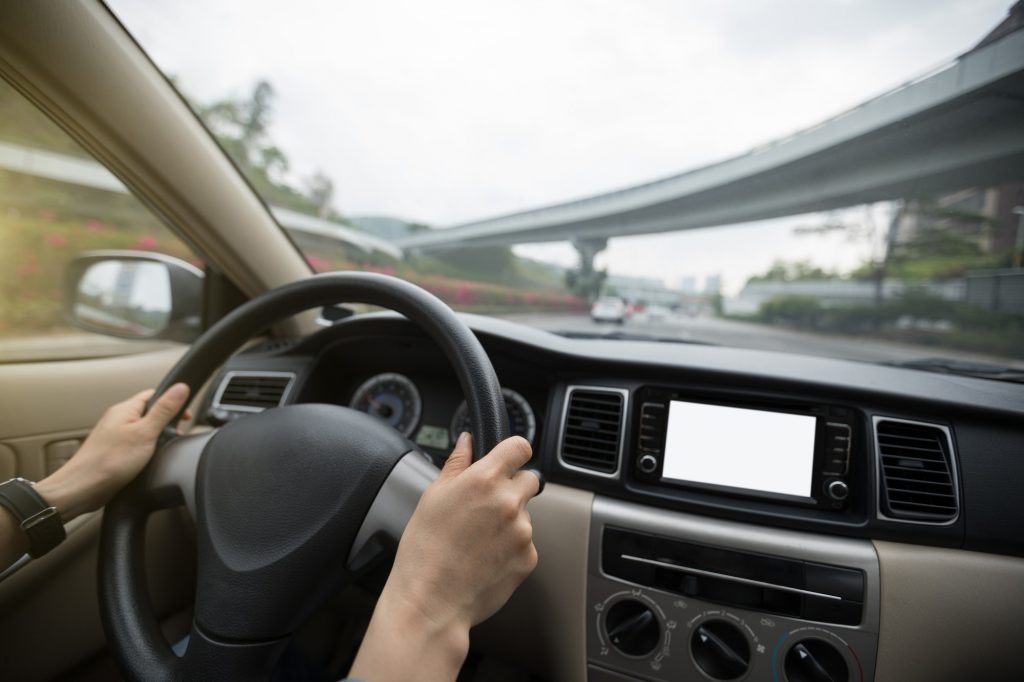Recently the Minister offered the research report "Research into the system responsibility of the self-driving vehicles" On. This research was carried out and carried out by Twijnstra Gudde so that the Netherlands can continue to develop in terms of regulations and knowledge building, even without an internationally harmonized reference framework for testing self-driving vehicles, while safeguarding important social interests.
The main question of the research is: is the process of admitting experiments with self-driving vehicles robust enough and does it have sufficient safeguards to safeguard public interests?
This concerns the system developed in the Netherlands to be able to issue exemptions or permits for testing on public roads under strict conditions. This concerns test vehicles that are not allowed on public roads without a permit or exemption.
In addition to an analysis and interviews with experts, an international comparison study has been carried out to this end, as well as other areas in which innovation and risks play a role in assessment. We specifically looked at what can be learned from the medical world, namely the admission of new medical devices.
From the research shows that the processes for allowing field trials with self-driving vehicles are still in development and will continue to do so for the time being.
The researchers argue that “because the Netherlands consciously chooses to put safety first, the assessment framework is relatively strict and extensive compared to other countries”.
Both the BOEV (exemption from RDW with driver in the vehicle) and the Experimentation Act (permit from the minister with driver outside the vehicle) have opted for a risk-driven approach, with the aim that based on experience the processes will continue to improve.
Also read:
Consumers have little confidence in self-driving and autonomous vehicles


